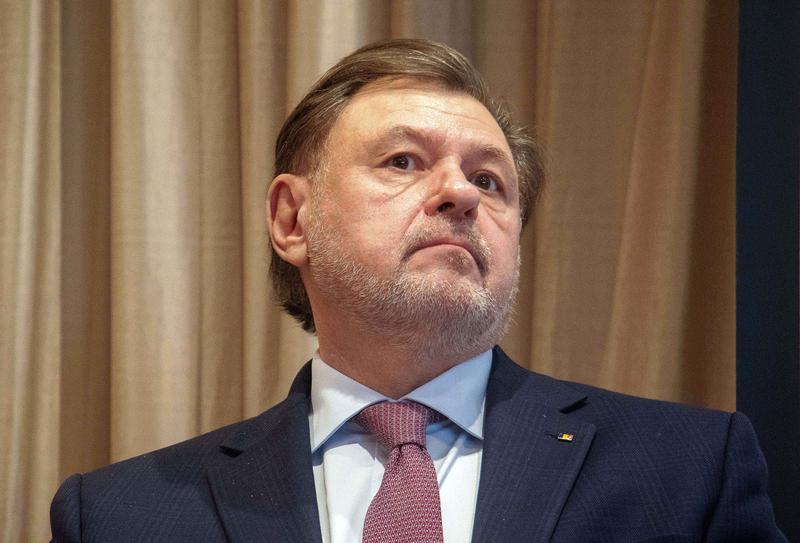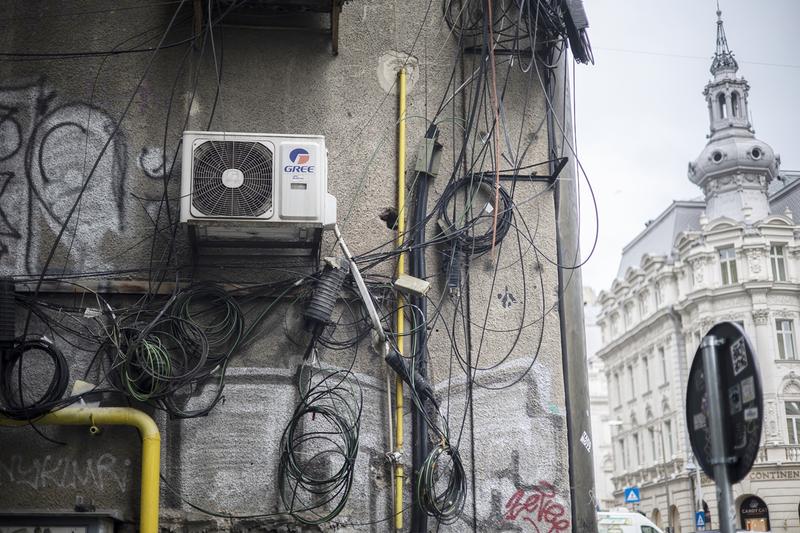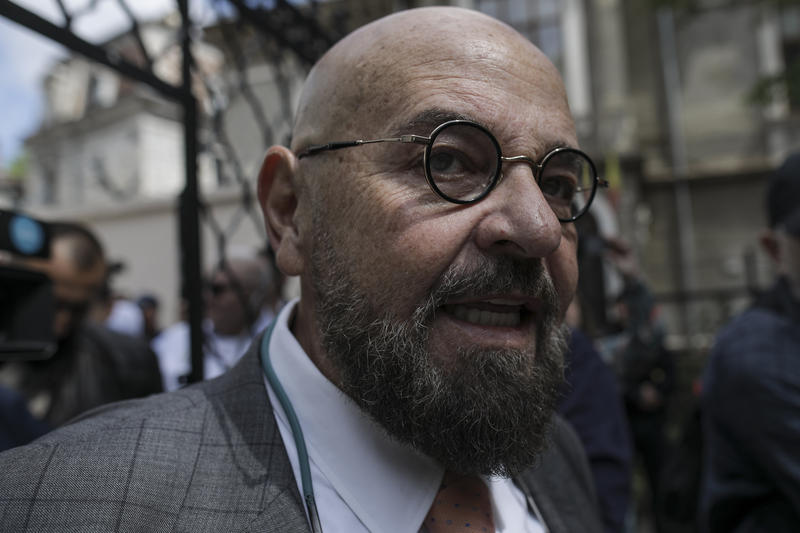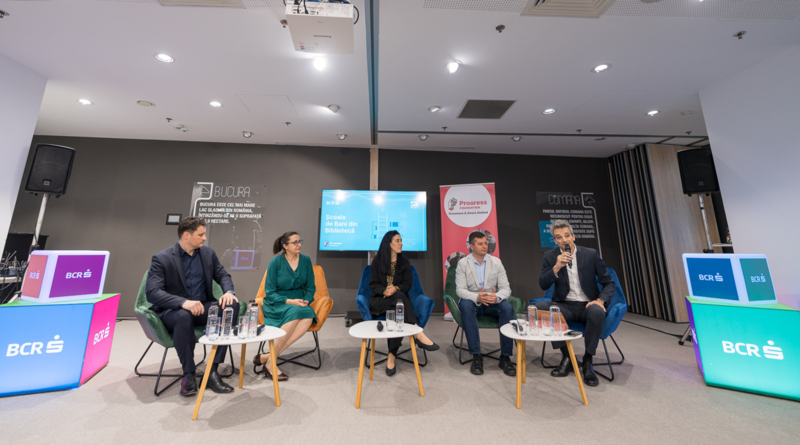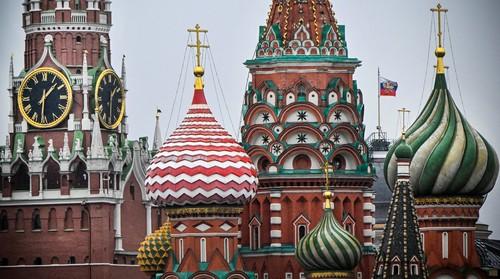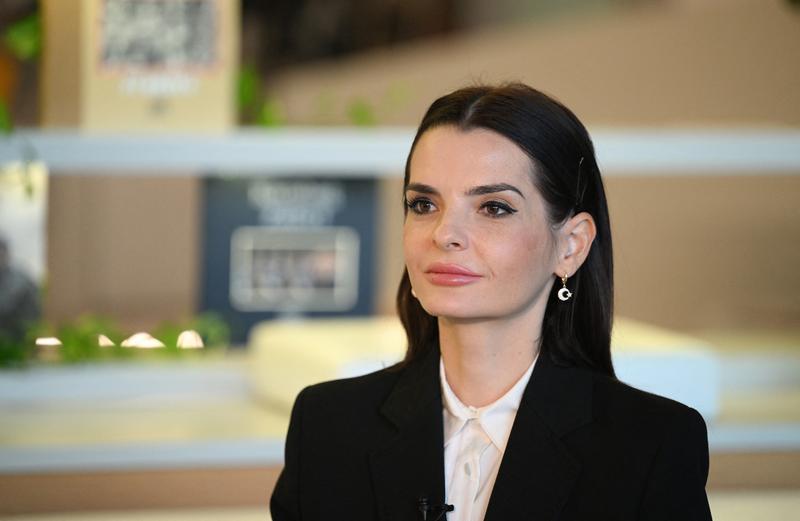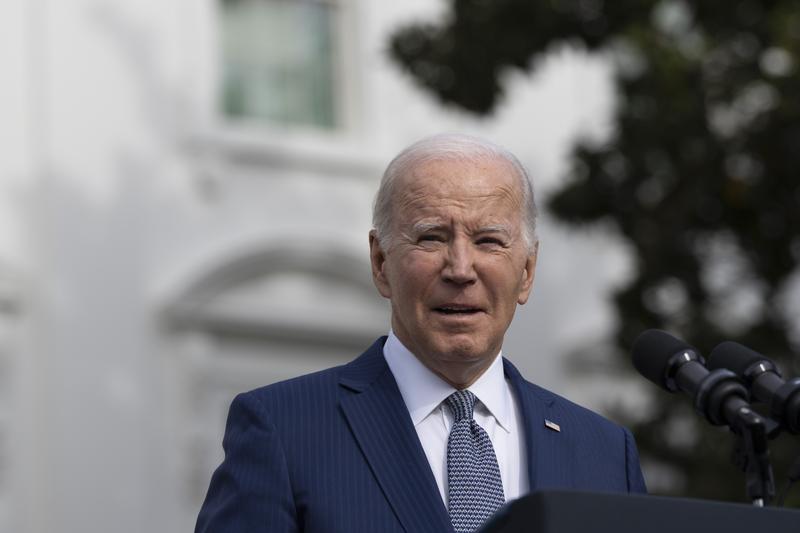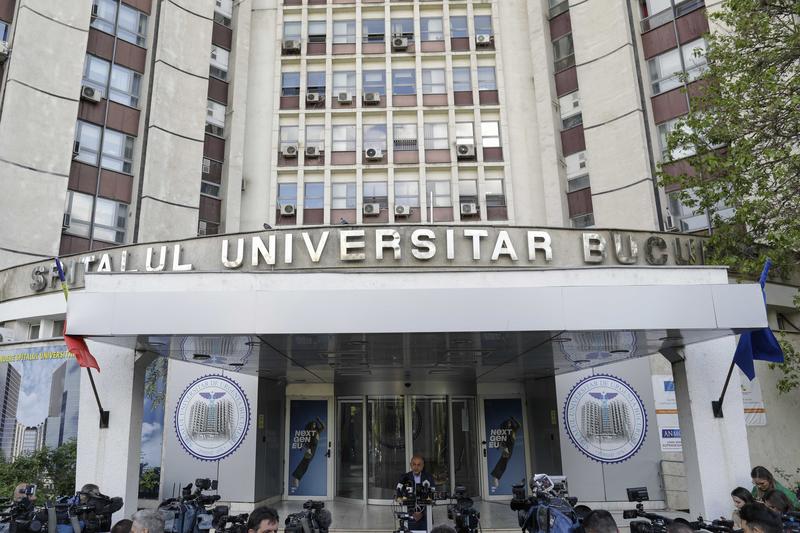Romanian newspapers on Wednesday are worried about intensified gang violence involving Romanians in Italy, which sparked rude comments in the country’s media yesterday.
They also note the difficulties of some business empires built from scratch in the nineties’ Romania and tackle an unsuspected possible presidential pick for the Romanian commissioner in Brussels as the tense relationship between the presidency and the government gets more troublesome.
Adevarul reports that the shooting of three ethnic Romanians in the Italian capital Rome on Monday morning, followed by the arrest of three “guilty” Italians, was only the beginning of a spiraling conflict between Romanian and Italian gangs there.
According to the newspaper, it was the first time when a group of as many as 30 Italian youth sieged a bar and beat several Romanians who used to spend time there.
The same newspaper quotes from Italian newspaper Il Tempo, which published a “shocking” article on Tuesday describing Romanians as the bearers of all evil, monopolizing crime in their pose as “the most violent and dangerous race”.
The same article is quoted heavily in Gandul as well, which abstains from commenting and only quotes chuncks of the Italian article for their readers to make their own opinion about it.
Meanwhile, Evenimentul Zilei reports that Romanian President Traian Basescu is about to pick an unexpected character to represent Romania in the European Commission once the country joins the EU next year.
The newspaper quotes Presidency sources who say Basescu favors ex-PM Petre Roman, a political maverick that has long disappeared from the limelight, to take the job as European PM.
Roman is also said to be supported by the main opposition party PSD and, in president’s view, completes a list of favorites that also includes PSD deputy Vasile Puscas, Romania’s former chief negotiator with the EU, and Integration minister Anca Boagiu.
Adevarul supports the news with an interview with Roman.
The newspaper reports the man - who used to head the government in post-Communist Romania in the early nineties - also has strong links at the European Commission and Parliament as well as good relations with current PM Calin Popescu Tariceanu, the one due to take the final political decision on this nomination.
Speaking of the European Union, Cotidianul tries to establish how prepared Romania is to join the single currency. After its’ EU accession early next year, the country hopes to fulfill the criteria to join the eurozone by 2012-2013.
But for now, the newspaper reports, it only complies with the criteria related to the budget deficit and public debt, which are considerably lower than the European limit.
Newspapers today also tackle a wave of problems confronting various businessmen in the country - or the lack of such problems.
Evenimentul Zilei reports that a series of checks of the an anti-fraud body a Finance Ministry commission has decided to ban the alcohol production and sales for the Scandic Distilleries company, one of the most important wings of the business group run by two influential businessmen, the Micula brothers.
One of the two reacted angrily to the decision yesterday, calling it an abuse. But the Distilleries, part of the European Drinks group (with activities in the food, alcoholic and non-alcoholic drinks, tourism and media industries and an overall yearly business figure of 500 million euro), have long been the subject of controversies in Romanian media.
And Cotidianul notes da different sort of problems at one of Romania’s most influential media groups, MediaPro. MediaPro head Adrian Sarbu, who’s been promoted among the top managers of the Western CME group, is facing a major exodus as no less than five top managers in the group opted to leave it over the past six weeks.
MediaPro was created in the nineties to become one of the strongest media companies in Romania.
Evenimentul Zilei reveals another sort of business pressure - and another face of the summit of the French-speaking world, hosted by Bucharest last week.
It quotes the coordinator of the summit, Foreign Ministry official Cristian Preda, who admitted there have been political pressures to deliver state contracts related to the event to one company or another. But while Preda said he rejected all such attempts, media reports showed over the past several days that in some cases political pressure was successful.
